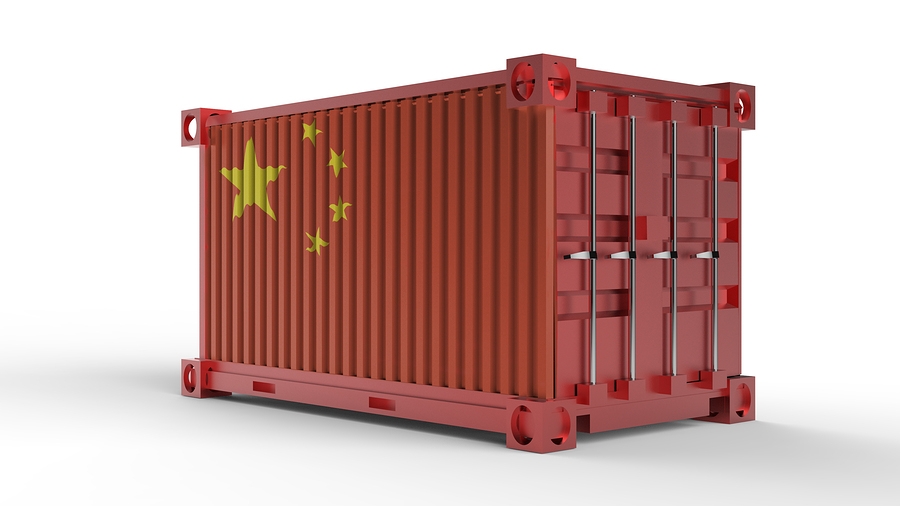Most Americans would agree that people who skirt the law should be punished. That’s why everyone should applaud what President Trump is doing with “transshipping” on the international trade front.
What is transshipping?
Transshipping is when products produced in a country subject to high tariffs are routed through a low-tariff country, and a “made-in” label from the low-tariff country is affixed before they reach their destination.
This practice, also known as tariff evasion, often involves Chinese products making pit stops in Taiwan, Malaysia, Mexico or Vietnam. There, the “Made in China” products are relabeled and then exported to the United States to avoid tariffs.
With little government attention to it, transshipping has turned into a free-for-all for exploitation by foreign adversaries.
By transshipping goods to the United States, our adversaries threaten to undercut American manufacturers, which puts workers at risk.
For years, U.S. manufacturers have faced relentless pressure from foreign competitors benefiting from lower labor and production costs. Their lower production costs allow them to flood the U.S. market with artificially low-priced products, leaving American-made goods struggling to compete and often sitting unsold.
Since 2001, the United States has lost 3.82 million jobs to foreign adversaries due to cheaper labor and production costs abroad. Trump’s tariffs on countries like China aim to address this. When a country can openly break the law through transshipping, a trickle turns into a deluge against the U.S. economy.
That’s why Trump’s efforts to combat transshipping are essential.
In Congress, the bipartisan Select Committee on the Chinese Communist Party has been effective in uncovering unlawful trade practices by China despite its limited budget and authority. For example, it has exposed how some Chinese companies use forced labor to drive down production costs and use transshipment to evade U.S. tariffs on various products, from automotive parts to textiles and apparel.
Indeed, according to the Select Committee on the Chinese Communist Party, automotive parts are a prime example of transshipping. The committee notes that in 2019, following the imposition of Section 301 retaliatory tariffs covering automotive parts, one China-based manufacturer established a facility in Thailand to begin transshipping its rubber hose assembly products to the United States. The committee notes further that, in applying to be listed on the Beijing Stock Exchange, the company provided a detailed accounting of how it used Thailand-based companies as fronts to transship its “Made in China” products to its U.S. subsidiary to avoid higher duty rates. The company’s products are sold at auto parts chains across America.
Despite the Select Committee on the Chinese Communist Party’s best efforts to address issues from Washington, transshipping is challenging to detect or deter without the help of officials on the ground in intermediary countries. Thus, it is vital for the United States to build strong relationships with the countries through which goods are transshipped.
To this end, Trump recently announced a deal with Vietnam that doubles tariffs on goods suspected of being transshipped. The deal also includes anti-transshipping language in letters sent to more than two dozen trading partners, warning that “goods transshipped to evade a higher tariff will be subject to that higher tariff.”
In addition to this trade deal, the president has issued an executive order introducing an even stricter policy, authorizing the U.S. Customs and Border Protection to impose a 40 percent tariff penalty on companies caught transshipping goods to evade tariffs, in addition to the tariff they were subject to in the first place.
Cracking down on transshipping is essential to protecting American workers and preserving fair trade. Trump’s actions are a strong start, but lasting change will require continued vigilance by the United States, bolstered by strong global partnerships.

